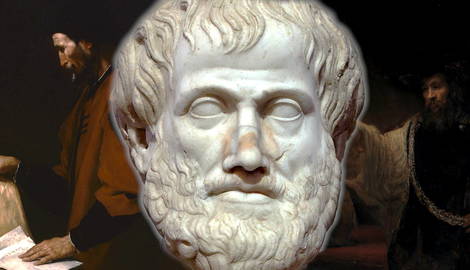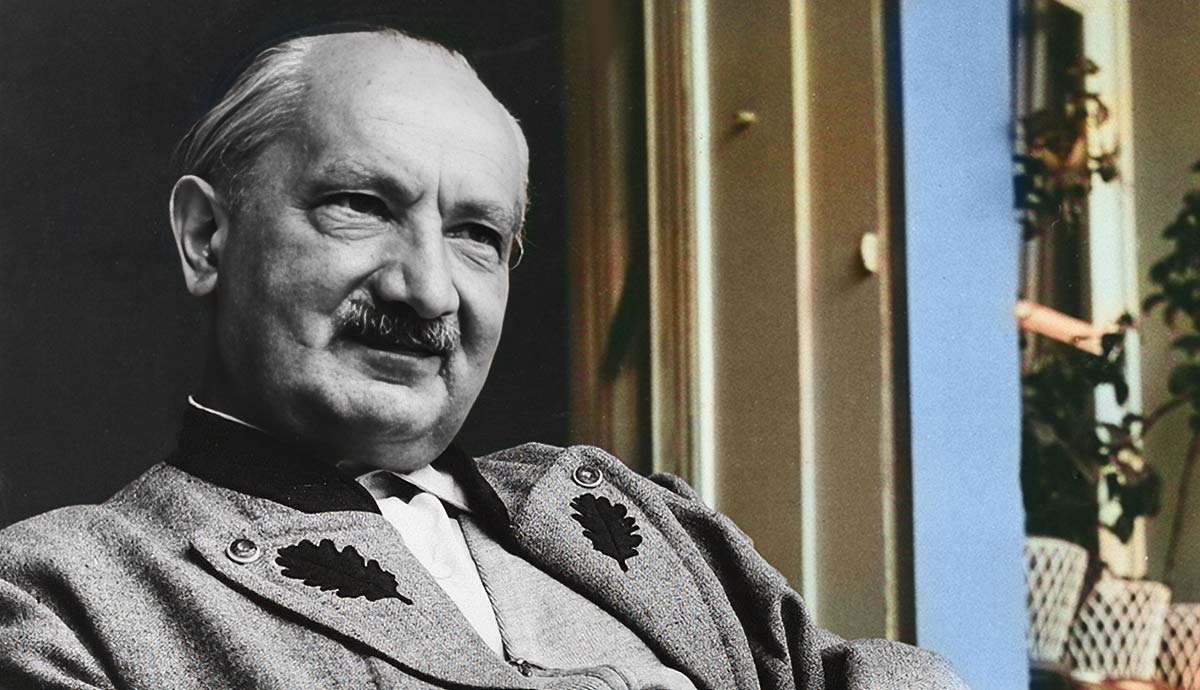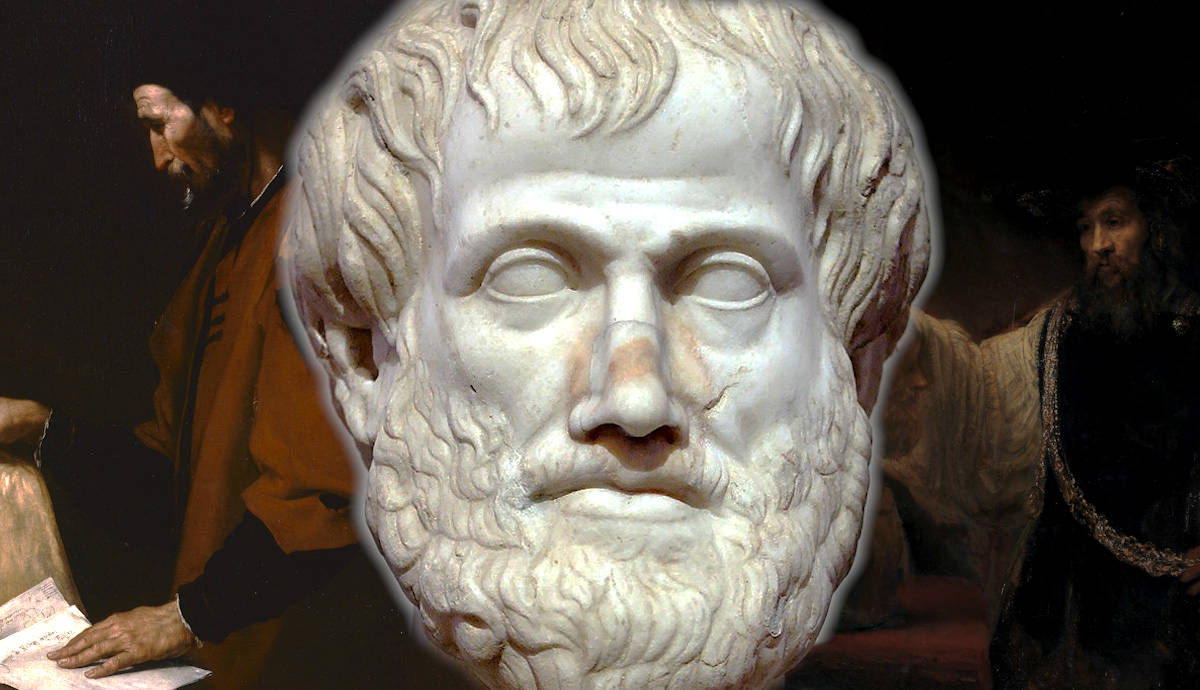
Living in the 4th century BCE, Aristotle emerged as one of the most important thinkers in ancient Greece. His numerous published works have had a profound impact on Western philosophy. Aristotle is thought to have written around 200 treatises, 31 of which survive today. Here are eight of his most important surviving works.
1. Metaphysics

Aristotle’s Metaphysics is one of his most studied works as it covers a diverse range of topics. Metaphysics begins with a discussion of the nature of knowledge (epistemology), foreshadowing the close link between the two disciplines in subsequent philosophical history. Aristotle posits that knowledge is derived from perception, that the most fundamental form of knowledge is wisdom, and that wisdom constitutes knowledge of first principles. It is only this latter form of knowledge that permits one to teach others the way things really are.
The Metaphysics then develops various other themes, including the paradoxes of philosophy, possible objections to the idea of “first principles” in understanding, the principle of contradiction, and the hierarchy of the sciences.
Much of the most important material in the Metaphysics is found in the latter portion of the book, which is concerned with topics conventionally understood to be “metaphysical,” specifically substance, matter, essence, potential, and actuality.
2. Poetics

Aristotle’s Poetics is often described as the first work on aesthetics, that is, the philosophical study of beauty, taste, art, and the elements of art. Certainly, Aristotle was not the first philosopher to discuss art or claim that a discussion of art is a distinctly philosophical concern. However, he offers a systematic treatment of the subject that genuinely seems novel.
The Poetics is conventionally understood as falling into five main parts. First, a discussion of the forms of poetry and the distinction between tragedy, epic, and comedy. Second, a discussion of tragedy and how it is to be defined. Third, a discussion of tragedy, the way it must be constructed, the effect that tragedy has on those who hear it, and a discussion of “catharsis.” Fourth, possible criticisms of both tragedy and epic. Finally, an argument is given for the superiority of tragedy over epic as a poetic form.
3. Nicomachean Ethics

The Nicomachean Ethics is Aristotle’s best-known work on moral subjects. It is also probably his last word on the subject, at least among his surviving texts. Aristotle begins with a discussion of the highest good for human beings, which has proven to be extremely influential among moral philosophers. The answer he gives is an ancient Greek concept with no direct English equivalent: eudaimonia. This refers to a concept that lies somewhere between “human flourishing” and “happiness.”
The association between flourishing and happiness can be understood within the context of Aristotle’s doctrine, which posits that the highest good for human beings is equivalent to that which constitutes the proper function of the human soul or nature. Much of the rest of the book moves from this very abstract discussion to offer some more concrete analysis of the “virtues,” which are qualities of a good human being. He gives examples to distinguish where praise and blame are more appropriate.
4. Eudemian Ethics
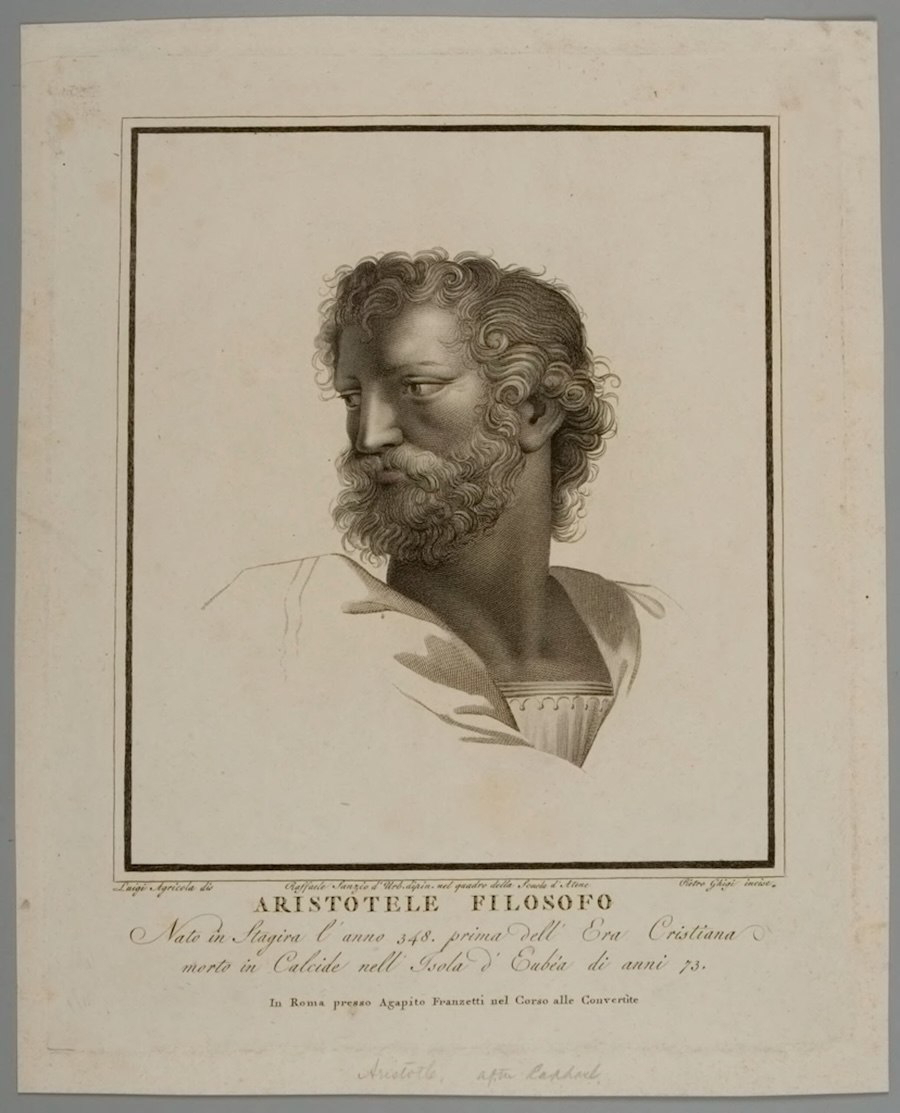
This work on ethics is believed to predate the Nicomachean Ethics, though this assumption is controversial. Both books cover much of the same territory, but with certain topics explored in more depth in the Eudemian Ethics. Specifically, it introduces additional virtues and discusses the epistemological aspect of virtue. It also discusses good luck and kalokagathia, which is the good nobility of a gentleman that encompasses both moral virtue and good fortune.
While not as well-known today as the Nicomachean Ethics, both were among the most transmitted of Aristotle’s works in the ancient world. Some historians argue that the Eudemian Ethics served as the standard textbook on Aristotelian ethics until at least the second half of the 2nd century CE.
5. Politics

Aristotle’s Politics is arguably understudied in comparison to his ethical theory and is overshadowed by what Plato presents in his Republic. Yet the Politics contains some fascinating and important discussions of the various ways in which the political realm, or the polis, differs from or relates to other social units. For example, modern philosophers, like Hannah Arendt, explore his theories about how government structures are extensions of family structures.
Aristotle’s politics can be understood as partly an attempt to make sense of politics as a distinct field of intellectual inquiry, and at the same time, to understand the emerging complexity of urban political arrangements as an extension of yet more basic forms of social organization.
6. De Anima
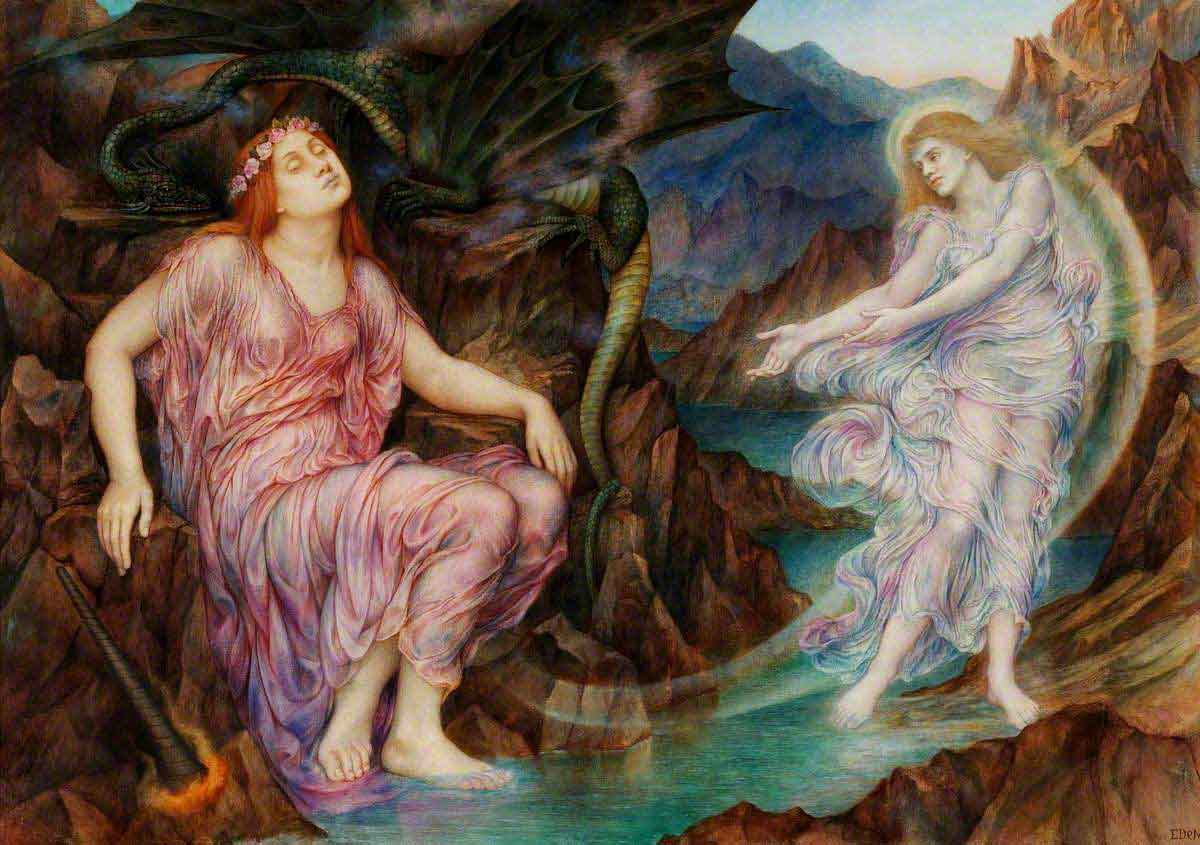
Aristotle’s De Anima is one of his most significant and influential works, in part due to its extraordinary influence on Christian, Muslim, and Jewish theologians, as well as its role in the development of modern philosophy of mind.
For Aristotle, some form of soul inheres in every living thing. Indeed, to have a soul is a mark of what it is to be a living thing. The vegetative and animal souls are, in a sense, components of our souls (human beings have the nutritive and motive capacities possessed by plants and animals, respectively). Aristotle considers our capacity for understanding as a distinguishing characteristic between human beings and other living things.
Of the many arguments from De Anima which have been lifted from it for distinctly religious purposes, none is more important than Aristotle’s argument for the immortality of the soul, which he justifies on the basis that the active principle of our minds has no corresponding bodily organ. The attempt to draw parallels between mental processes or entities and their physical correspondents has been a feature of the philosophy of mind ever since.
7. Categories
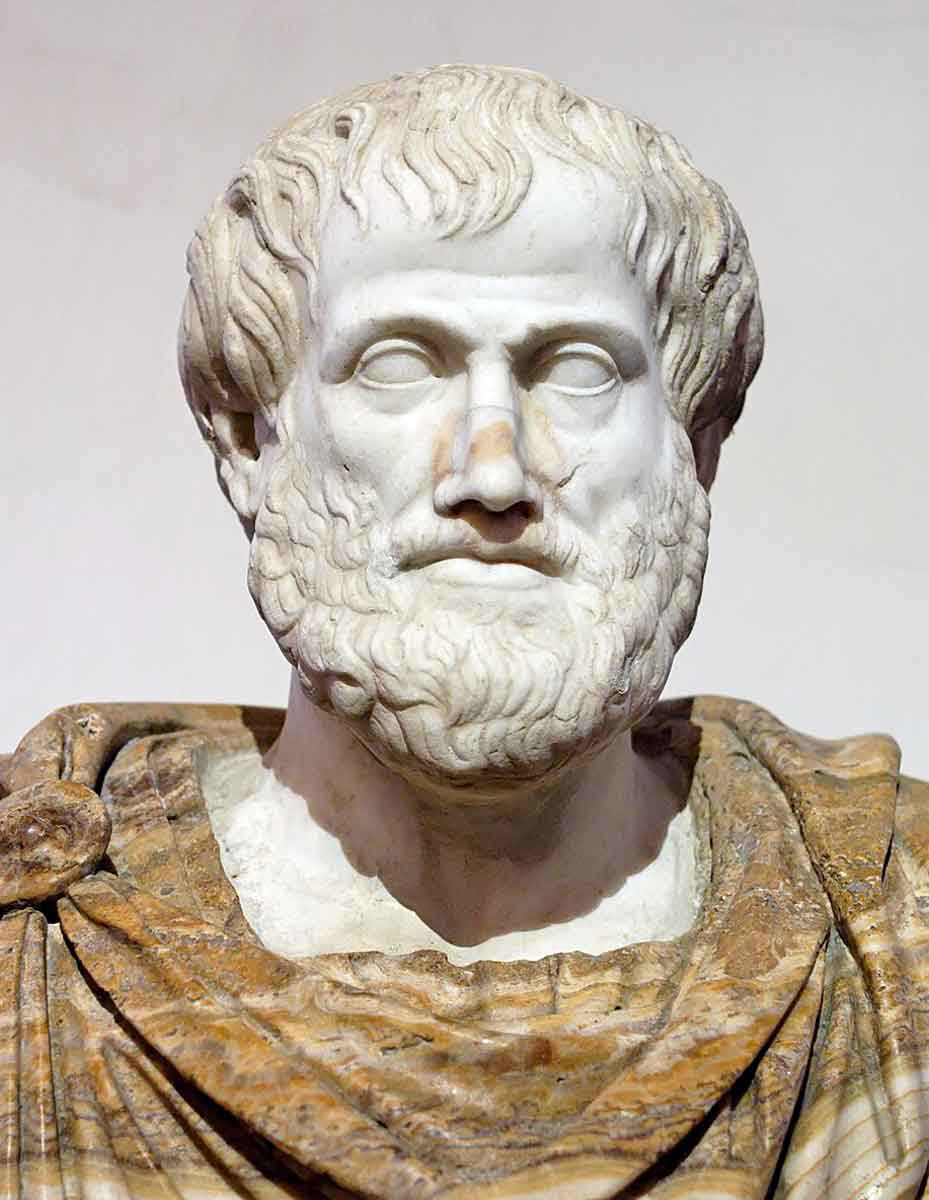
Aristotle’s work on Categories constitutes one of the most significant contributions to metaphysics and introduces the very idea of “categorisation” as a philosophical concern. In the Categories, Aristotle attempts to categorize perception. That is, he sets out to sort all our perceptions into one of ten different categories.
Part of the Categories is concerned with developing what we would now call a “philosophy of language,” given that Aristotle begins by discussing the question of equivalence in language to justify the categorical terms he applies. The Categories are, in effect, an attempt to make sense of the most basic elements of reality, to offer us a way of relating seemingly disparate perceptions into something approaching a more coherent whole.
8. Organon

The works of Aristotle that we have today do not survive in their original form, but in collections edited by students and later philosophers. Aristotle’s works on logic, including the Categories, survive in a compilation of six books called the Organon, compiled by Andronicus of Rhodes around 40 BCE. They were among the few works by Aristotle available to thinkers in the Middle Ages, translated into Latin by Boethius, before his other works became accessible starting in the 12th century.
The collection begins with Categories, followed by On Interpretation, which introduces the concepts of proposition and judgment, as well as the relationships between affirmative, negative, universal, and particular propositions. Next is Prior Analytics, which introduces his syllogistic method and inductive inferences. Next Posterior Analytics covers definition, demonstration, inductive reasoning, and scientific knowledge.
The final two books are Topics and On Sophistical Refutations. The first explores constructing valid arguments in dialectic and an inference that is probably rather than certain. The latter addresses logical fallacies and draws connections to Aristotle’s work, On Rhetoric.
Who Was Aristotle?

Aristotle was born in Stagira, a city in northeast Greece, in 384 BCE. As a young man, he studied under Plato at the latter’s famous “Academy.” After a stretch in Asia Minor (modern-day Turkey), where he likely developed interests in subjects such as marine biology, he was summoned by Philip II of Macedon to become the tutor to Philip’s son, a thirteen-year-old Alexander the Great.
Aristotle eventually returned to Athens, where he founded his own school, the Lyceum, which focused on teaching and allowed Aristotle to research and produce his 200 treatises. The Lyceum seems to have offered a broader curriculum than Plato’s Academy, which was more squarely focused on philosophy. Aristotle was eventually compelled to flee Athens due to political reasons and died on the island of Euboea, off the Greek coast, in 322 BCE.
